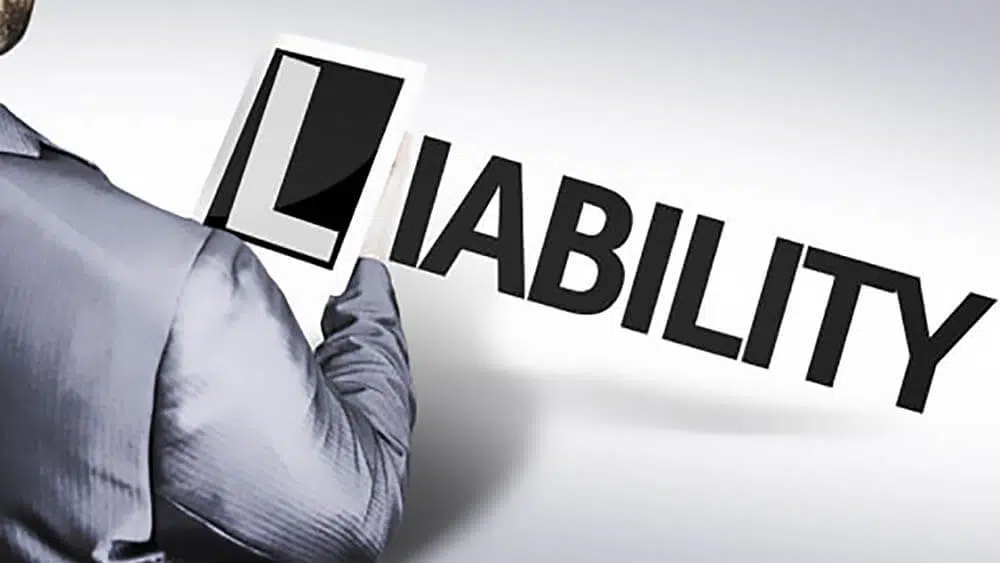One of the chief hallmarks of America’s jurisprudence is our careful protections and respect for one another’s individual property rights. For example, regarding real estate, it is unlawful to record a groundless document or lien against a real property. Indeed, a person who causes a wrongful document or lien to be recorded may be liable for statutory damages of $5,000, or treble the actual damages, whichever is greater, plus reasonable attorney’s fees and costs. In addition, a person who records a wrongful document or lien may be guilty of a class 1 misdemeanor.
A.R.S. § 33-420(A) provides:
A person purporting to claim an interest in, or a lien or encumbrance against, real property, who causes a document asserting such claim to be recorded in the office of the county recorder, knowing or having reason to know that the document is forged, groundless, contains a material misstatement or false claim or is otherwise invalid is liable to the owner or beneficial title holder of the real property for the sum of not less than five thousand dollars, or for treble the actual damages caused by the recording, whichever is greater, and reasonable attorney fees and costs of the action.
Examples of documents subject to recording include: (1) a mortgage or deed of trust; (2) quit claim deed; (3) conveyance deeds such as general warranty deed or special warranty deed; (4) judgments; (5) lis pendens; (6) materialmen’s lien; and (7) mechanic’s lien.
What Is Slander of Title?
The legal term for recording false documents is slander of title. A person who causes a wrongful recording is not strictly liable for slander of title, because the property owner must also prove that the person knew or should have known that the document was groundless. But as long as the owner can prove that the person knew or should have known that the document was groundless, the person is strictly liable for damages of at least $5,000, plus attorney’s fees, even if the person later releases the lien.
Actual damages include lost profit damages regarding a failed sale caused by the wrongful lien. For example, Provident Law® recently represented a property owner who lost a sale due to a lender’s failure to timely release a deed of trust. Although the seller had completely repaid the loan years ago, the lender neglected to release the lien. And notwithstanding the seller’s requests, the lender was unable to release the lien in time for the parties to timely close escrow. As a result, the buyer canceled the contract and the seller forfeited the earnest money. Weeks later, the lender finally released the lien and the seller ultimately sold the property to another buyer – but despite the seller and her REALTORS’ best efforts, the highest price the seller could secure was $30,000 less than the previous contract amount. As a result, the lender was liable to the seller for treble damages of $90,000 (actual damages of $30,000 x 3), plus attorneys’ fees.
The Court of Appeals confirmed that the lender is liable for damages and attorney’s fees without notice and even if the lender releases the wrongful document or lien prior to the lawsuit. Indeed, pursuant to Bianco v. Patterson, 159 Ariz. 472, 768 P.2d 204 (App. 1989), the Court held that “neither notice nor a grace period is required to” establish liability concerning a wrongful recording.
The takeaway is that a lender (or whoever causes the recording) may be liable for damages of at least $5,000, plus attorneys fees, regardless of whether the property owner actually suffered any harm from the recording. And if the owner sustained damages, such as a lost sale or missed refinance opportunity, the damages could be much, much higher.
Mr. Charles regularly helps property owners resolve title dispute issues. If you or anyone you know has questions regarding title issues or any other real estate matter, please call or email today to schedule a meeting with Mr. Charles.


